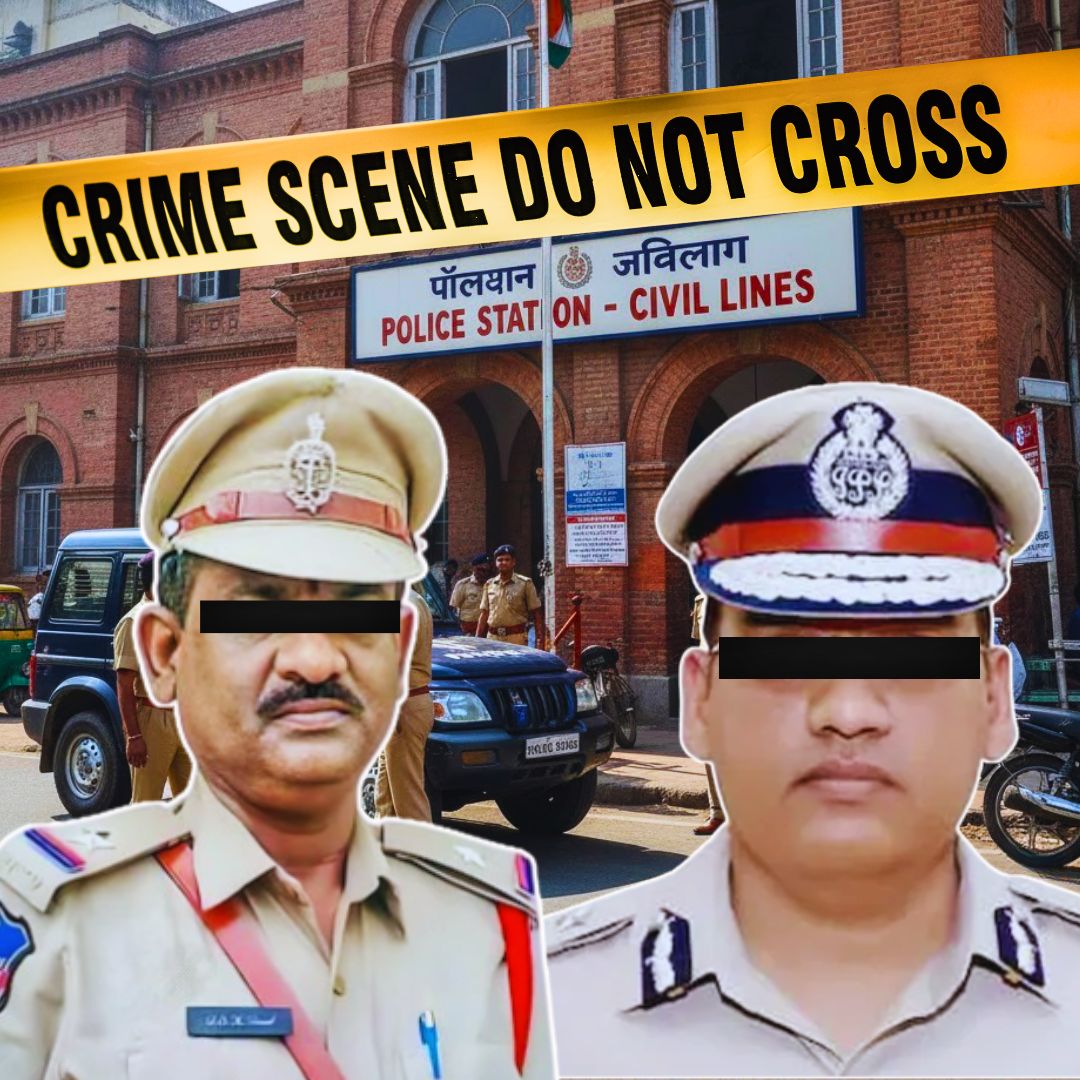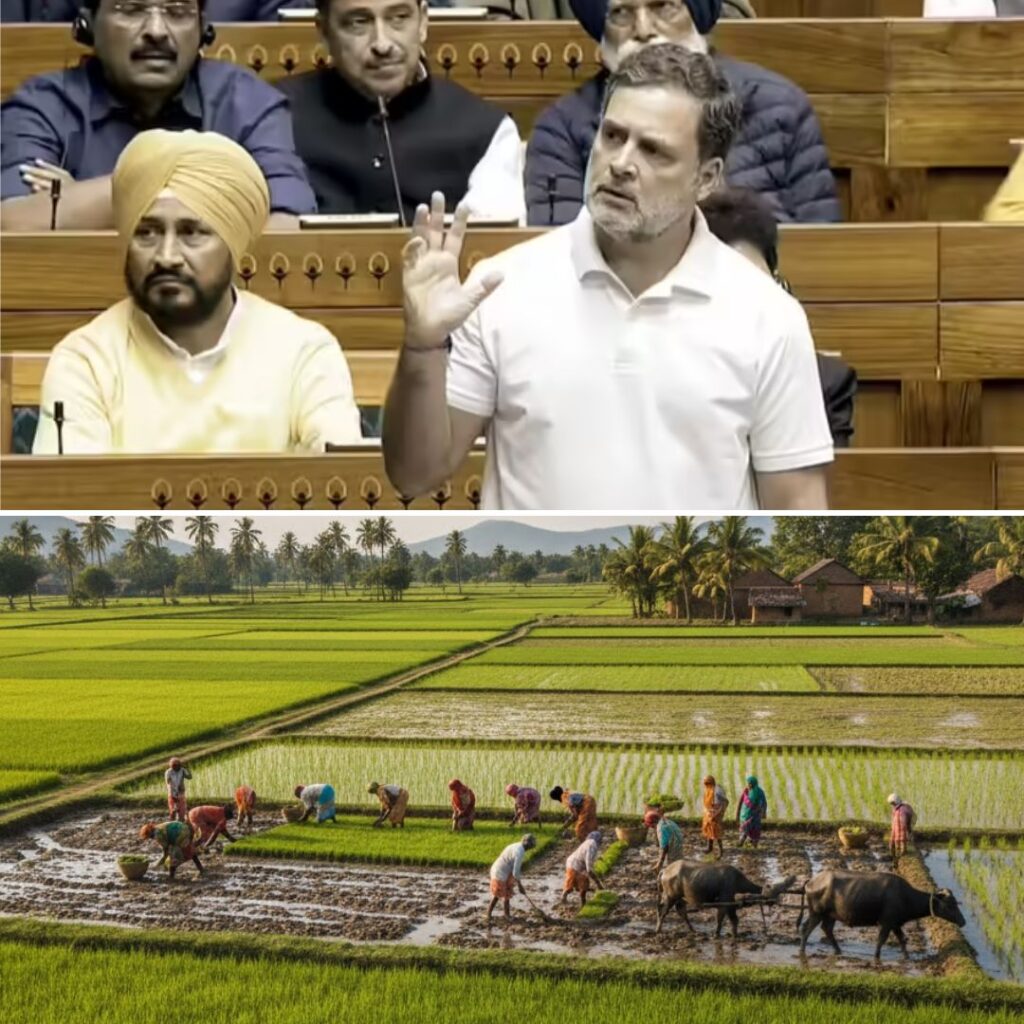In a deeply distressing sequence of events, Telangana witnessed the suicide of Assistant Sub-Inspector Satyanarayana in Suryapet, days after senior Haryana IPS officer Y Puran Kumar’s tragic death by suicide amid allegations of harassment and caste discrimination.
Both cases have sparked nationwide concerns about mental health and workplace harassment within police forces, prompting calls for urgent institutional reforms and better support systems for law enforcement personnel.
The Tragic Incident in Telangana
On October 11, 2025, 54-year-old Assistant Sub-Inspector Satyanarayana, serving in the Special Branch of the Suryapet district, was found hanging at his residence. Authorities reveal that the officer had been battling ongoing health complications stemming from a previous accident. Preliminary investigations point to distress related to these health issues as a major factor behind the suicide.
The Suryapet Rural Police Station registered a case, and inquiries continue to clarify the circumstances. Family members expressed profound grief, highlighting the personal toll such losses take beyond the professional realm.
This incident starkly mirrors the mental health struggles that law enforcement professionals often endure silently, compounded by the physically and emotionally demanding nature of their duties. Despite their critical role in maintaining public safety, the support structures within police organisations frequently remain inadequate, leaving officers vulnerable to stress, anxiety, and depression.
The Haryana IPS Officer Case and Its Wider Implications
Only days earlier, Y Puran Kumar, a 52-year-old 2001-batch IPS officer in Haryana, died by suicide after reportedly enduring severe harassment and caste-based discrimination within the police force. His suicide note explicitly named eight senior officers, including Haryana’s Director General of Police (DGP) Shatrujeet Kapur and Rohtak SP Narendra Bijarniya, accusing them of mental torture and discriminatory practices.
This revelation shook the police establishment and the public alike. The Haryana government responded swiftly by removing the accused SP from his post and placing the DGP on leave amid strong political backlash and demands for justice. The case has ignited a broader debate on caste discrimination in institutions, workplace mental health, and the accountability of those in positions of authority.
Political leaders across states, including Telangana’s Deputy Chief Minister Mallu Bhatti Vikramarka, have expressed solidarity with Kumar’s family and called for immediate, transparent investigations to root out harassment and systemic inequities within police forces. This case has served as an unsettling reminder that institutional reform is not only necessary but overdue.
The Larger Context: Mental Health and Workplace Harassment in Indian Police Forces
The consecutive suicides of police officers in Telangana and Haryana bring to light the often-overlooked challenges faced by law enforcement personnel. Policing is inherently stressful, involving exposure to violence, long hours, public scrutiny, and operational pressures. When this is coupled with personal health struggles or toxic workplace environments marked by harassment and discrimination, the psychological burden can become overwhelming.
Several experts have pointed out that mental health infrastructure within police departments is grossly insufficient. Regular psychological assessments, counselling services, and confidential helplines are either absent or underutilised. Moreover, deeply ingrained hierarchical and caste-based biases exacerbate feelings of isolation and helplessness among officers from marginalised communities.
The Logical Indian’s Perspective
These heartbreaking incidents underscore the urgent necessity for systemic change within India’s policing institutions. The Logical Indian advocates for a culture of empathy, fairness, and open communication, where officers can seek mental health support without fear of stigma or reprisal. Equally essential is rooting out caste discrimination and harassment to foster an inclusive and respectful workplace.
Institutions must prioritise mental well-being through comprehensive support programmes, regular wellness checks, and training that promotes psychological resilience. Equally, leadership must be held accountable to ensure a just and humane work environment. Our frontline defenders deserve more than just admiration-they require active, sustained care and institutional reform.











